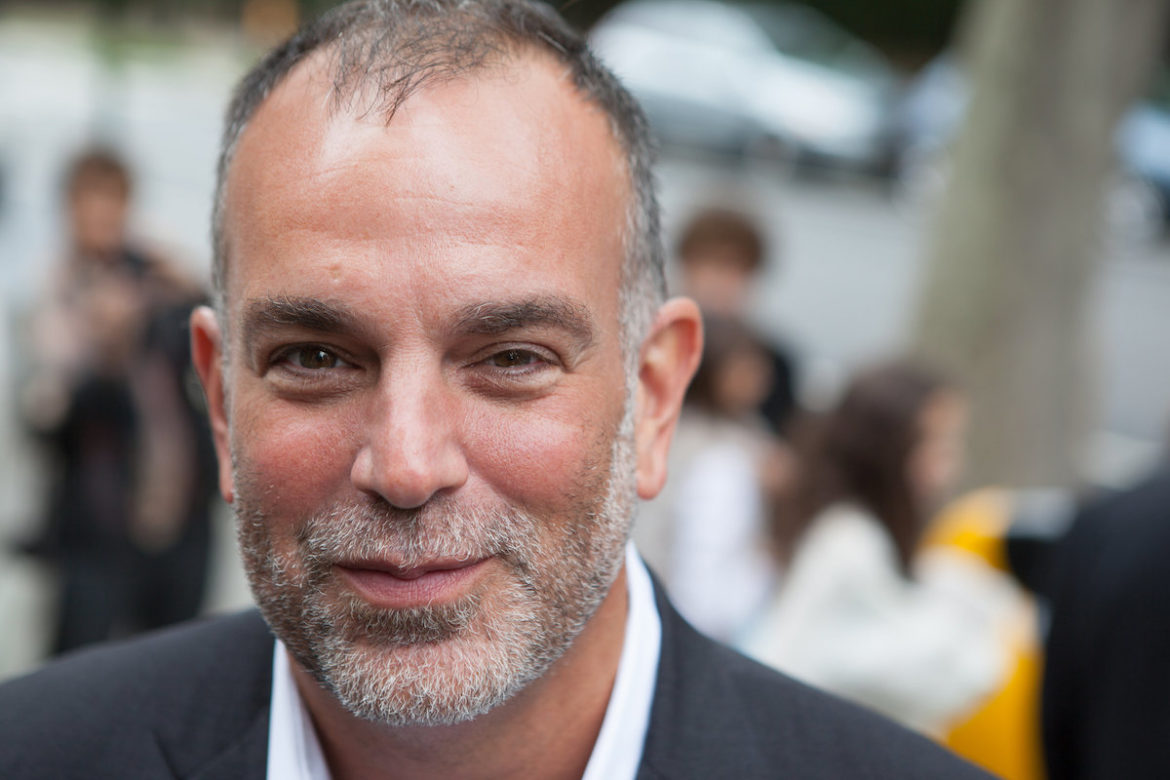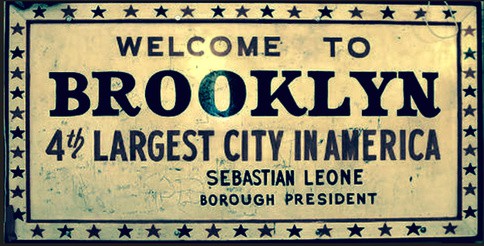On January 1st, 2019 I officially resigned my position as the EVP/Director of Music at Grey where I had been for just about 14 years – objectively I would say that 14 years is an anomaly in my field – a particularly long tenure to say the least.
Prior to that I was an Executive Music Producer at Y&R, NY for 7.5 years. Before that, I worked as an Executive Producer and Composer at the bicoastal Music (power) House, tomandandy, for 2 years.
Pretty solid cred, with some cool experiences: I’ve worked on over 10,000 tracks for branded content, TV, film and major record labels like Epic, Columbia and RCA – a good run!
I helped create the Cannes Lions music jury in 2016, have spoken at a shitload of conferences and universities, worked with many famous and not-so-famous artists, mentored a bunch of folks, and helped music people monetize their creativity. Not bad!
But alas, it was time for something new. 14 years may be an anomaly but it’s also a long fucking time, so I figured it was time to try (try, try, try) to craft a more nuanced and varied professional musical sequel, put up my own shingle, plant some seeds, and do the hustle. And as we all know – the hustle is freaking real!
Thus, a few months ago, I launched a Music Consultancy called the Brooklyn Music Experience, which, as described on my site, offers “Access, Insight and Expertise from an acknowledged Global Music Leader schooled on the streets of Brooklyn”.
Mind you, I was schooled on the streets of Brooklyn before they were as super-hipster-rich as they are now. In fact, they weren’t cool even in the slightest – they were tough, a bit rugged, and smelled like crap. But, they certainly had character. And character seems to be what makes the magic happen in music a lot of the time…
The musical generation before me, also schooled on the streets of BK, but in the post-war era (even tougher on those streets) produced a litany of Brooklyn Music Moguls and megastars, whose successes are a million-fold compared to mine – like David Geffen, Walter Yetnikoff, Clive Davis, Jimmy Iovine, Barbara Streisand, Neil Diamond, Carole King, Harry Nilsson, and Neil Sedaka, to name a few.
I think they’d all agree that the aura and experiences of Brooklyn street life shaped them, and that certainly makes me feel cautiously optimistic about starting my own thing.
Another reason to feel bullish about launching a consultancy is that it really/truly feels as if the big agency model is trending as “Inherently Challenged” and “Too Big to Succeed’, whereas conversely it’s the boutiques and consultancies that seem/feel to be “too small to fail.” (I’m Quoting myself BTW 🙂 )
Fingers firmly crossed!
As you can imagine, I have seen a great deal of shifts in the music-advertising scene over the last 20+ years.
Here’s a fun (debatable), biased list of the things I’ve noticed which are possibly/maybe worth thinking about over a strong, hoppy, cloudy and citrusy IPA, or a sativa infused edible gummy:
- When I first was employed by Y&R in 1998, the ‘required’ musical qualification to be a Music Producer at an Ad Agency was to be experienced and/or savvied in the field of studio music production. Being able, like a record producer, to liaise and collab with writers, composers, and musicians, rather than being a really amazing purveyor of a killer playlist. I would say Music Producers at agencies back then could make a killer playlist, having grown up making great mixed (cassette) tapes, but nobody even used the word playlist in the late 1990’s.
- My job, back then, was collaborating and adding value to original music composition and/or arrangements in an actual studio, with composers (who made great $), studio musicians (who made good $) and (interested and engaged) creatives and clients who were actually kind of eager to be present. Sadly now clients and creative are rarely present, same with studio musicians and composers.
- Music Supervision in Advertising came into vogue (aka under a ‘spotlight’) in the US in 1999/2000 because of the successes of Nick Drake’s “Pink Moon” in the VW spot, Sting’s “Dessert Rose” use in the Jaguar spot, and Apple’s varied amazing uses in their iPod and iTunes spots. Music supes were always there and somewhat in vogue in other media, like Film and TV of course – arguably even since Mike Nichols directed The Graduate or Dennis Hopper directed Easy Rider – but the advertising scene/game experienced a Music Supervision bump by 1999, and it was fun see it happen. Alex Patsavas was the queen of TV Music Supervision and the floodgates opened for indie artists in ads. All the ad agency music producers jumped on that wave.
- When I first went to Cannes Lions there were maybe 10-15 music people, mainly from France and Britain, and me, in attendance. Now there are probably 750-800 – wowza!
- As an adjunct professor over the last 12 years, I’d say the most likely response when asking a university student “What do you want to pursue as career in music?” is to be a Music Supervisor. Dope!
- When I first started as an agency music guy, we hardly ever used stock and/or production music for broadcast. Maybe occasionally in a radio spot, or a pitch, or for an animatic or a test. Now I’d say it’s used more than less.
- There used to be a reasonable price point for licensing emerging or truly indie artists – no longer. Same at times for “famous” tracks – those days are gone.
- There used to be many, many holdout artists who were unwilling to “sell-out” by licensing music. Now there are but a mere handful.
- When I started, you may, may, may have found someone servicing the catalogues at a major label or publisher, and basically none at the indie level. Now there are many that do – a veritable cottage industry!
- There was no such descriptor in the music vernacular of a ‘sync agent’ in 1998.
- Nor was the term “Sync” or “Synch” part of the common musical conversation, unless you were syncing something to your computer. We love the fact that there is an award for Best Sync; or a company called Synchtank, or Big Sync, or Lip Synch, or ThinkSync, or A&G Sync, or Sync or Swin; that there’s a conference called Sync Summit; a panel called So You Think You Can Sync, or I’d like to Teach the World to Synch; and of course, a Sync Department at labels and publishers.
- Music and Branding were basically mutually exclusive terms.
- Demo love existed big-time in the late nineties. But sadly, Demo love is just as prevalent today.
- Bands would never play at an ad agency for free. Now they definitely do.
- It used to be that an ad placement was a decent mode of discovery for consumers, now it seems to arguably be one of the best modes of all!
- Finally, it wasn’t irrefutable in 1998 that despite the largely visual orientation of human beings, photographs and visual images do not infect human consciousness to the same extent that melodies do. Now it is!
Enjoyed this post? Why not check out:
- Grey’s Josh Rabinowitz reflects on the first Entertainment Lions for Music
- “Brands and Artists are Finding New Methods to Partner in Authentic Ways” – A Conversation with Clio Music Director Michael Kauffman
- Rising Star Tom Walker on Bond, Bravia, Bob Marley and Why Cover Songs Can Be So Important For Artists

